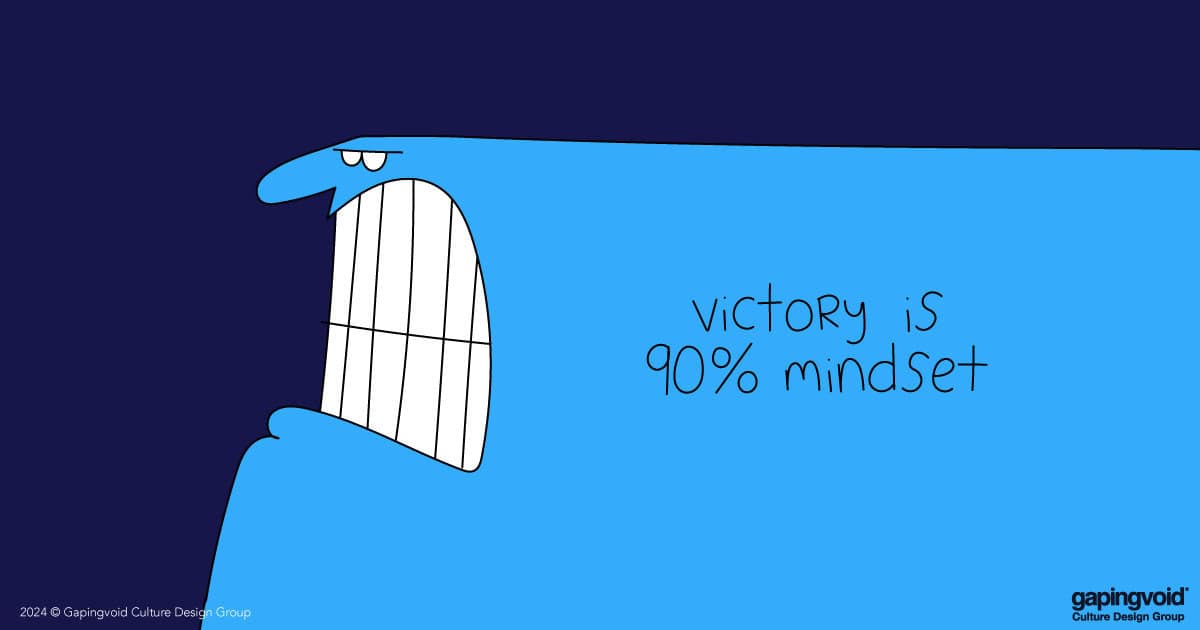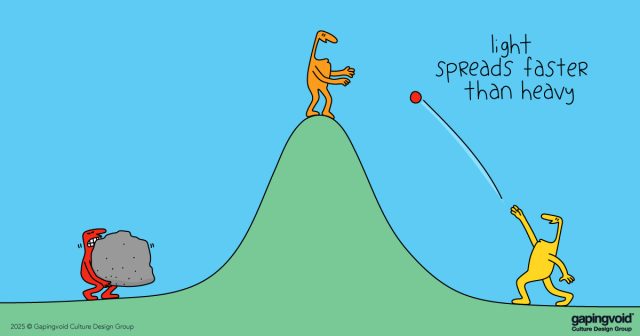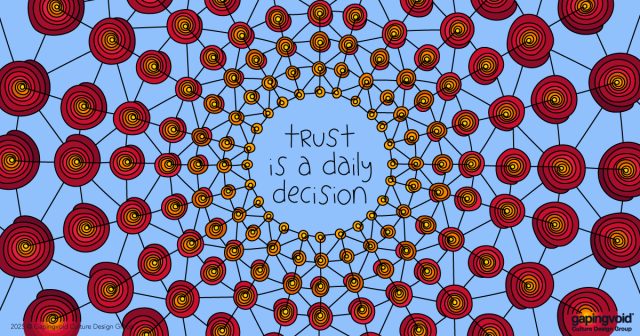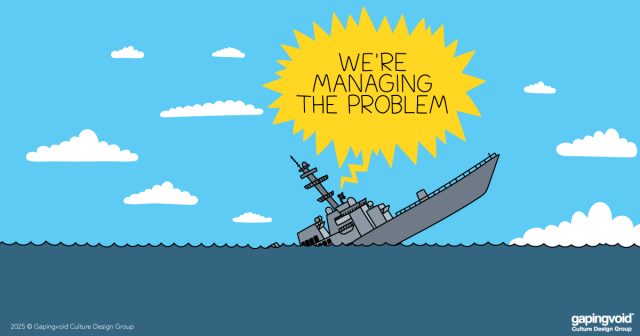
As Tony Robbins says,“success leaves clues.”
Whenever there is a great accomplishment, we like to examine it, reengineer it, decode it, and learn a lesson about how to replicate it.
This is true in leadership. Marketing. Advertising. Finance. Engineering. Innovation. In every domain of business. And it’s also true in sports.
Recently, the Boston Celtics had a big success of their own: On Monday, in the finals series against the Dallas Mavericks, the Celtics won a 106-88 match – and took home the 2024 NBA championship, their 18th so far.
In this case, their clue was simple: “success is a state of mind.” And the Celtics state of mind was focused on pure growth.
Apparently former Head Coach and now President of the Celtics, Brad Stevens, is a big fan of author Carol Dweck’s famous idea of the “growth mindset,” proposed in her 2006 book, Mindset: The New Psychology of Success.
So he made it his business to make sure a “growth mindset” became a principle of his organization.
A growth mindset rejects the idea that mindsets are fixed and affirms the idea that someone’s abilities can improve over time.
This mindset has been shaping the Celtics for over a decade now. Back in 2016, Stevens was quoted on their Twitter account saying, “I’m a big believer in the growth mindset: not focusing on the big goal, but on the daily task.”
Earlier this season he said, “Even if we’re fortunate enough to someday achieve that 18th banner for the Celtics, the next day we’re gonna be pursuing 19.”
And as head coach Joe Mazzulla recently said: “We live in an expected world. So we didn’t pay much attention to the actual numbers. To me it was just paying attention more to the process of what we were doing.”
The clue in all this: mindsets dictate performance. For the Celtics that’s been focusing not on the outcome but on the journey, getting better, even just a little bit than the day before. Day in and day out.
Not a bad one for the rest of us, either.
As people have been saying for thousands of years, from Buddha to Henry Ford to Norman Vincent Peale, we become what we think we can become.
What’s interesting is that when talking about groups of people, “mindset” is completely interchangeable with “culture.”
Which begs the question, is your culture a growth culture? Would you recognize it if it was?



